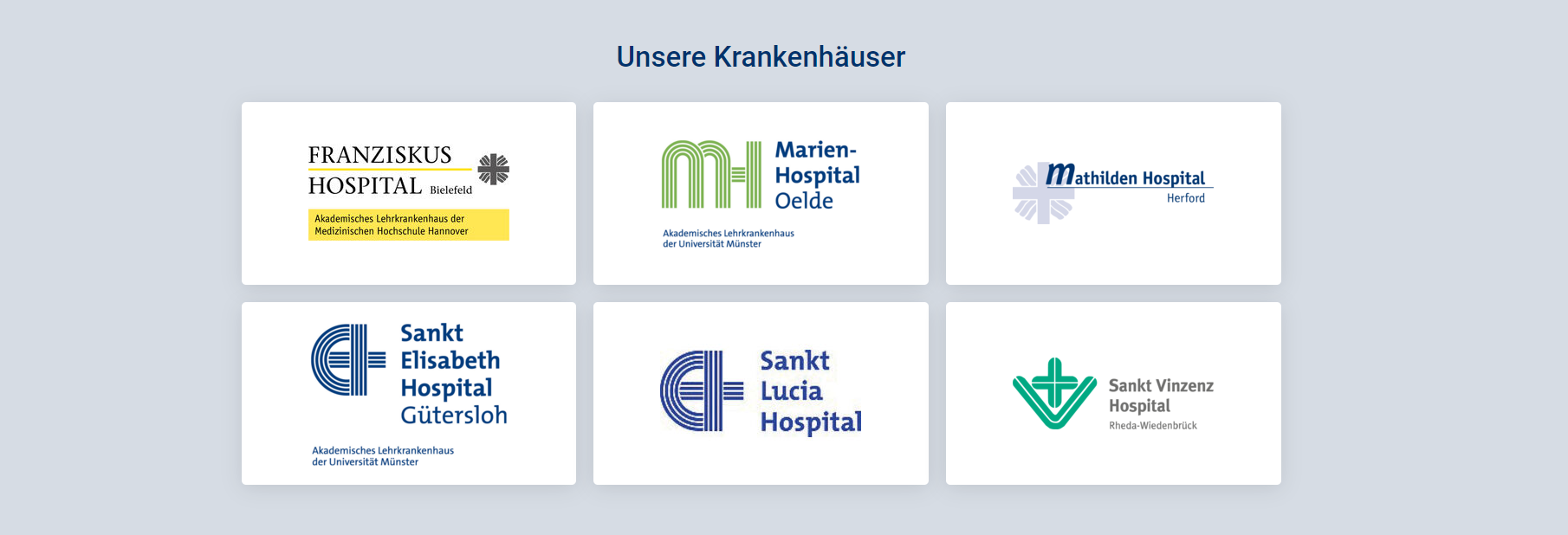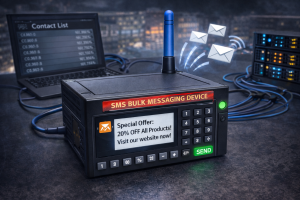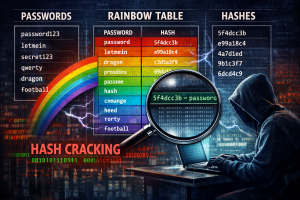(24-03-23) Blog 83 – Protecting your online activity – Pt3
In this installment of my mini-series on protecting your online activity, I’m going to discuss VPNs.
What is a VPN?
A VPN (Virtual Private Network) is a technology that allows you to create a secure and private connection over the internet.
It works by creating an encrypted tunnel between your device (computer, smartphone, tablet, etc.) and a server operated by the VPN provider. All the data sent between your device and the server is encrypted, which means that it is protected from interception by third parties who may be monitoring your internet connection, such as a network administrator or hacker.
Why should you use one?
By using a VPN, you can protect your online privacy, bypass internet censorship, and access content that may be restricted in your geographic location.
For example, if you are traveling abroad and want to access content that is only available in your home country, you can connect back to a VPN server located in your home country to access that content.
In addition to protecting your online privacy, VPNs can also be used to protect your online security. They can be used to protect against hackers and cyberattacks by encrypting your data and hiding your real IP address, making it more difficult for attackers to target you.

Overall, a VPN is a powerful tool for protecting your online privacy and security, and for accessing content that may be restricted or censored in your location.
The image below shows a mobile device connecting directly to the Internet over a 5G connection with no VPN tunnel. The IP address shown identifies the user in the UK.

By using a VPN client, you can pick an exit point for your VPN tunnel by selecting a server. Most VPN providers offer exit points in multiple countries.


Once the VPN tunnel is established, all subsequent traffic sent to the Internet will appear as if it is originating from the VPN endpoint.

So do I need to use a VPN?
That choice is yours to make, however consider the following:
- Do I use the Internet via free wi-fi, or other peoples networks?
- Do I need to protect my identity whilst online?
- Do I need to access region-restricted content?
- Do I need to be anonymous when I’m online?
If the answer is yes to any of the above questions, then I would suggest you do need to use a VPN. If the answer is no, then just browse the web as normal.
If you only do the above activities occasionally, then maybe a free VPN service would be suitable for you, but if it’s something you do more frequently then I would consider looking at taking out a subscription to a VPN provider.
Which is the best VPN service?
As with antimalware solutions, the best VPN service for you will be a decision only you can make.
Consider how many devices you might need to use a VPN on – some VPN licences allow you to install the software on multiple devices.
Consider the pricing structure – some VPN providers offer different tiers for pricing based on number of devices, services provided, number of endpoints available, bandwidth levels, etc. So do some research first before picking the one which fits your needs, in the budget you have.
Read reviews about service providers and pick those which you feel offer the best services.
Consider whether the VPN provider stores data about your online activity – for some this could be concern, for others not-so-much.
Ultimately, your choice of VPN will be exactly that – your choice, but so long as you are using a VPN at the times where you should be using one, that’s all that matters.












